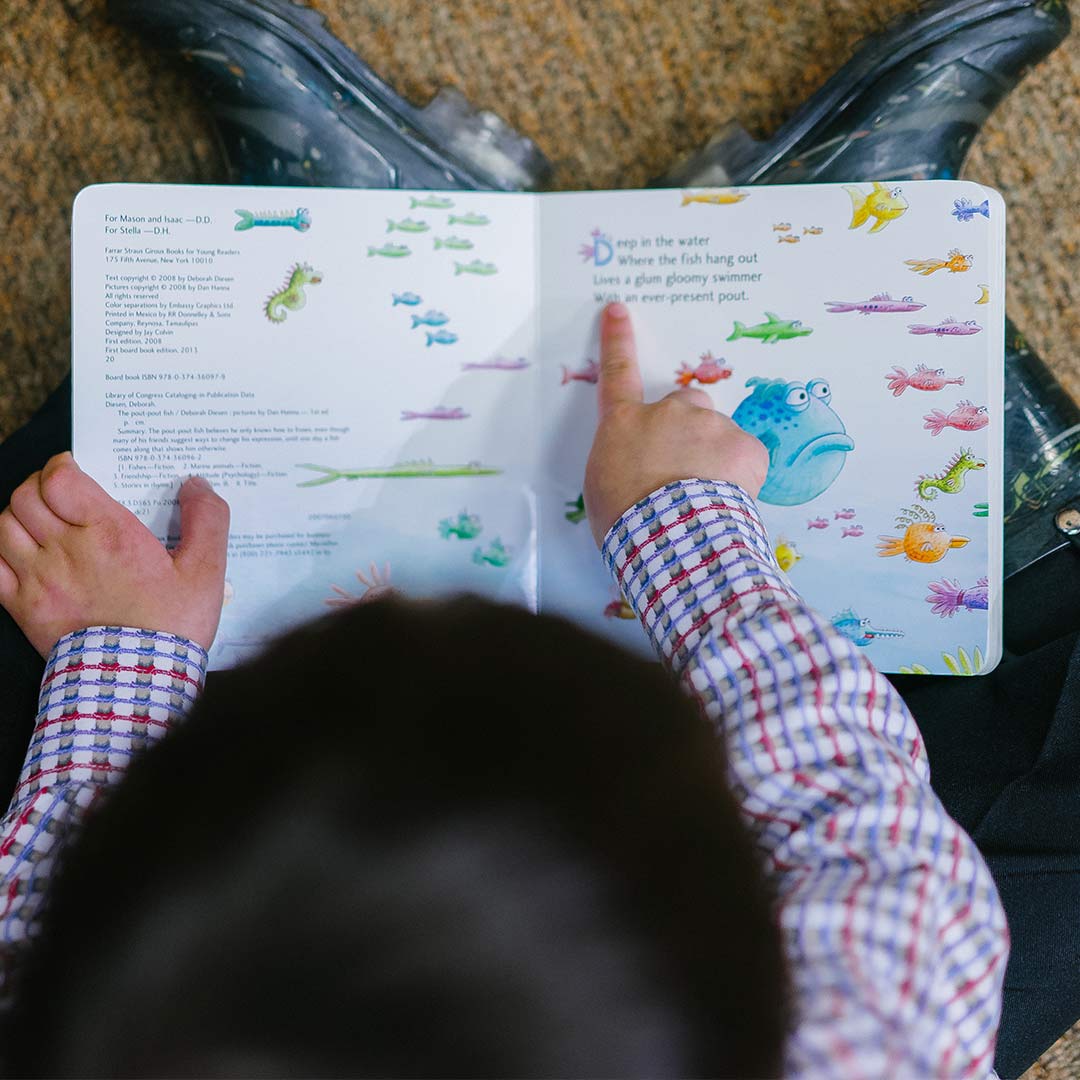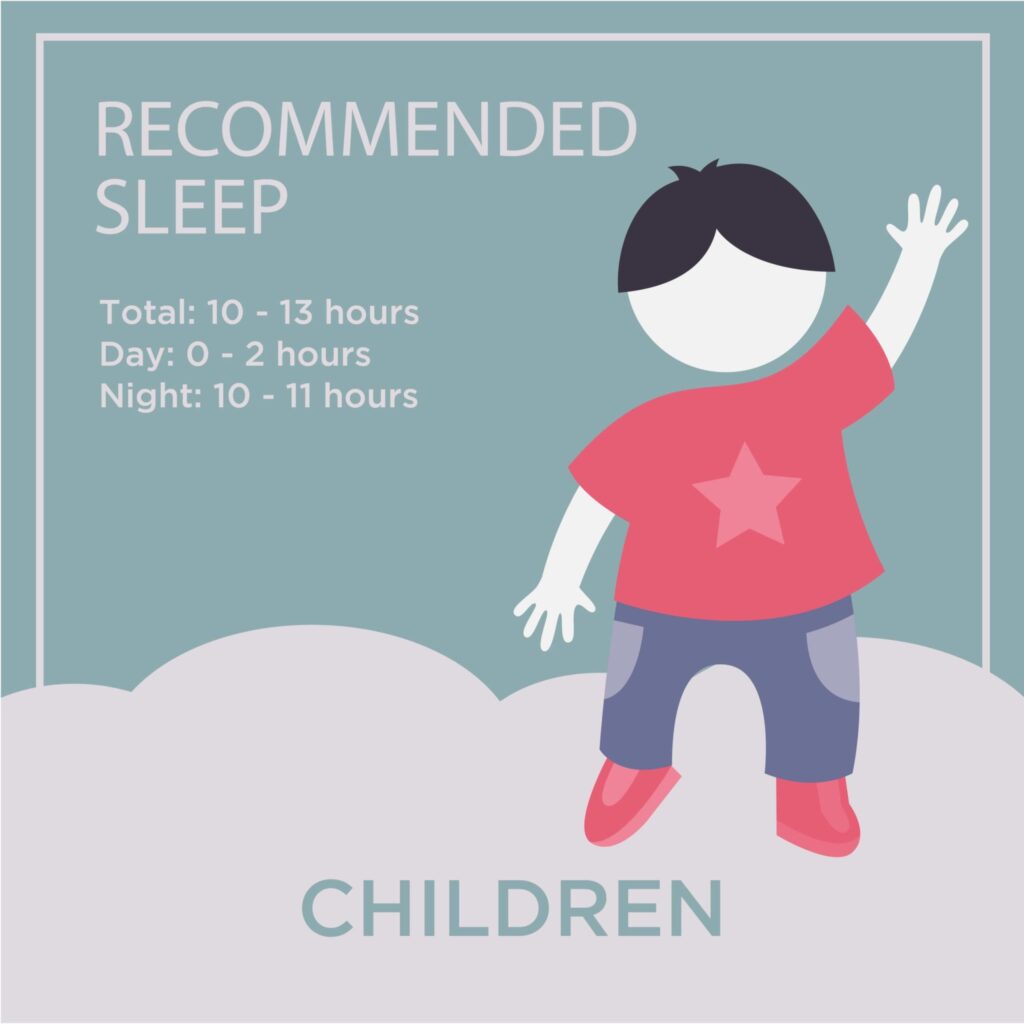Does Your Preschooler Still Need to Nap? Probably
Does your preschooler still need to nap? Surprisingly, many parents and educators feel that preschoolers shouldn’t need this important developmental assist in their education. The Huffington Post recently published an article that points out the necessity of naps when it comes to learning, as well as the push to eliminate them as academic demands increase.
Want to read some more about preschool naps?
Read: Fighting for Enough Sleep…in Preschool?
There are, unfortunately, academic demands in preschool these days. It’s so important to remember that our children are still growing, and sleep helps development-especially in preschoolers. Learn:
- Why does a preschooler still need to nap?
- Nap refusal
- Modified routines
- Flexible schedules
Why Does Your Preschooler Still Need to Nap?
We know that sleep encourages the body to heal, grow, and develop, and this includes naps. When your child sleeps, she is allowing her body the rest it needs to grow and develop properly. Eliminating naps too soon limits the amount of overall sleep your child gets, which could hinder her memory, according to the study.
Of the preschoolers that were observed, those who took even a short (20-minute) nap retained at least 10% more information than those children who were kept awake and did not nap at all.
Sleep helps our brains and bodies process what has happened during the day, and make the connections necessary for growth.
What if My Child Refuses a Nap?
We know that naptime is of great importance for your child’s growth. Sometimes, however, it can be a challenge to get your preschooler to nap. There’s just so much going on! There are a few things that you can do to help encourage naps for even the most stubborn children.
If your child is in preschool or daycare, ask about the nap schedule and what’s being done to help your child nap. Talk to the teachers or care providers about how you would like them to handle naptime refusals, and if it’s a recurring problem.
When naptime is becoming an issue, there are a few things you can try.
Struggling with short naps, no naps, or just wondering when to schedule naps?
We have you covered with Gentle Sleep Solutions, which will help you create a typical schedule based on age, and walk you through nap-training.
Modify the Naptime Routine
If your child fights naps, maybe it’s time to get creative and change up the naptime routine. Would your child rest easier knowing that you are also resting in your room? Or perhaps you have a special story, such as Naptime.

Turn off Electronics, or Put Them Away Well Before Naptime
In today’s technologically advanced world, the chances of a toddler or preschooler having access to a phone or tablet are very high. Knowing this, we parents need to understand that the screens and backlighting from these devices actually inhibits the production of sleep-inducing melatonin.
Talk to your preschooler and explain that the tablet, phone, television, or game needs to be turned off before lunch. This will give her time to prepare her body for the rest that it needs after lunch.
Screens too close to bedtime?
Read: Tablets, Touchscreens, and Toddlers: How to Get Connected Kids the Sleep They Need
Keep a Flexible Schedule
Children, especially small children, thrive on routine. If your child has been fighting naps, make sure that her routine isn’t to blame. As our children get older, we tend to forget that they really DO need to eat lunch at about the same time today. Yes, she really does still need her 1:00 p.m. nap. If you’ve been expecting her to nap at times that are all over the place, she may fight your attempts because they don’t fit well with her routine.
Schedule questions?
Read: Sample Schedules: Sleep and Naps From 6 Months to Preschool
What if my Preschooler is Stubborn?
If you have a truly stubborn preschooler, I sympathize with you. Even when your preschooler still needs to nap, they suddenly have opinions and want to be heard. Often, this can be seen in a refusal to nap. If you find that you’ve done everything you can think of, you may want to try “quiet time”.
Think naptime, without the requirement of sleep. Sometimes giving your child this option is all she needs to make the decision to lie down.
Quiet time questions?
Read: Dropping the Afternoon Nap — Transitioning to Quiet Time for Toddlers
For children under 4 who truly do need a nap, make quiet time as similar to naptime as possible, with the explanation that she does not need to sleep. She does need to lie in bed and “rest” until you come back to get her. For children older than 4 years, a more traditional quiet time is appropriate.
Remember, naps are a very important part of development, and your child still needs to get quality daytime sleep to encourage her brain to grow.





